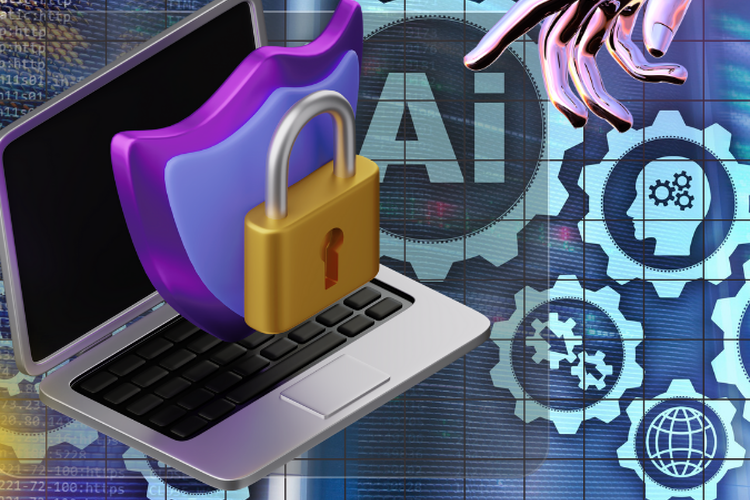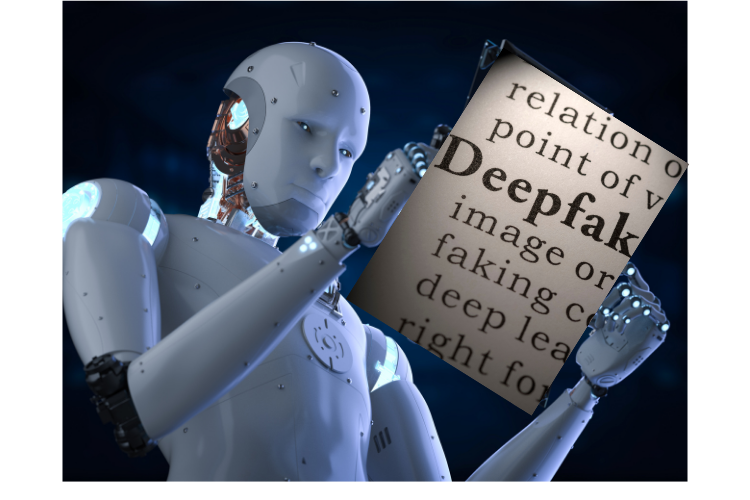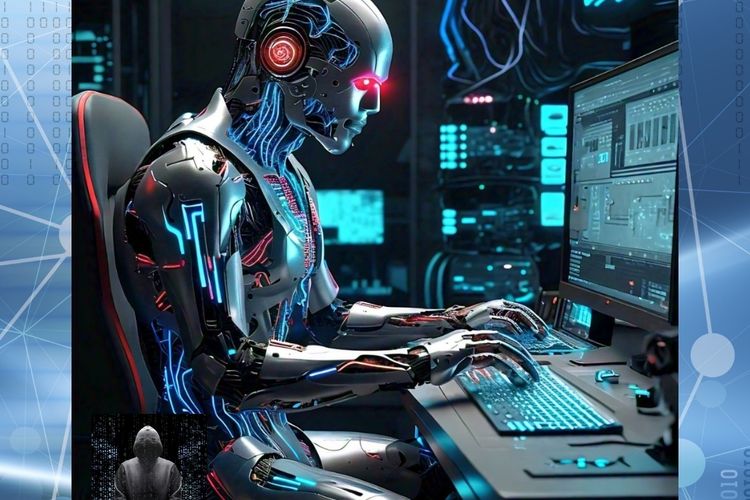Exploring the benefits and challenges of integrating artificial intelligence into cybersecurity solutions to combat evolving threats.
Introduction
In the constantly evolving digital environment, cybersecurity threats are becoming more complex and harder to detect. Traditional cybersecurity strategies, which are often reactive and based on set rules, can no longer keep pace with the dynamic methods used by cybercriminals. Consequently, there has been a shift towards AI-powered cybersecurity solutions that aim to improve defenses by utilizing artificial intelligence.
The incorporation of AI into cybersecurity allows organizations to greatly improve their detection and response capabilities against threats as they occur. This blog post will delve into the advantages and challenges of AI-driven cybersecurity and its potential to help businesses maintain an edge over cyber adversaries.
Understanding AI in Cybersecurity
Artificial Intelligence (AI) refers to the simulation of human intelligence processes by machines, particularly computer systems. These processes include learning (the acquisition of information and rules for using the information), reasoning (using rules to reach approximate or definite conclusions), and self-correction. Cybersecurity employs AI to detect, analyze, and respond to cyber threats more effectively and efficiently than traditional methods.
Benefits of AI-Powered Cybersecurity

- Enhanced Threat Detection
AI is adept at identifying patterns and irregularities in extensive datasets. While traditional cybersecurity systems depend on established rules and signatures to detect threats, they often fall short against new, unidentified threats. Conversely, AI can uncover these emerging threats by examining patterns and behaviors that differ from the usual. This capability allows cybersecurity teams to identify and counteract threats with greater speed and efficiency.
- Predictive Capabilities
Machine learning (ML), a branch of artificial intelligence (AI), facilitates predictive analytics in cybersecurity. AI utilizes machine learning to anticipate future cyber threats by analyzing historical data and identifying patterns. This proactive strategy enables organizations to implement preventive actions before an attack happens, thus diminishing the chances of a successful breach.
- Automated Incident Response
AI-powered security systems are capable of automatically launching countermeasures upon detecting a threat. These actions can include isolating compromised devices, blocking malicious traffic or IP addresses, and triggering further investigation. Such automation greatly diminishes response times, thereby reducing the potential harm from cyberattacks.
- Continuous Monitoring and Analysis
AI and machine learning facilitate uninterrupted, real-time surveillance of network activities. In contrast to human analysts, who require rest and can process only a finite amount of data, AI systems operate ceaselessly 24/7. Such persistent vigilance guarantees the swift detection and resolution of potential threats, thereby bolstering security.
- Scalability and Efficiency
As organizations grow and their networks become more complex, the amount of data that requires monitoring increases exponentially. AI-powered cybersecurity solutions can scale seamlessly, swiftly, and effectively, processing large volumes of data. Such scalability guarantees that security protocols stay robust, even as the organization continues to expand.
- Reduced False Positives
Conventional security systems frequently produce a large number of false positives, which can result in alert fatigue and reduced efficiency. AI has the potential to mitigate false positives by learning from historical incidents and continuously improving its detection algorithms.
Challenges of AI-Powered Cybersecurity
- High Implementation Costs
AI systems require large amounts of high-quality data to train and refine their algorithms. Gathering and preparing this data is often a time-consuming and resource-intensive task. Integrating AI into cybersecurity involves substantial investments in infrastructure, software, and expertise. Organizations need to ensure they have strong hardware, sophisticated software, and a skilled team capable of developing and managing AI systems. For many organizations, especially smaller ones, these costs can be prohibitive.
- Complexity and Maintenance
Implementing and maintaining AI systems can be intricate. They necessitate ongoing training and updates to remain effective against emerging threats. Moreover, the deployment of AI in cybersecurity necessitates strict data management practices to ensure the training of AI models on accurate and relevant data.
- Adversarial Attacks
AI systems can be vulnerable to adversarial attacks. Cybercriminals might try to manipulate AI algorithms by inputting deceptive data, which could lead to the bypassing of security protocols or result in the AI making erroneous decisions. To guard against these attacks, it is essential to constantly monitor and update AI systems.
- Ethical and Privacy Concerns
AI's use in cybersecurity raises ethical and privacy concerns. AI systems typically need access to extensive data sets, potentially containing sensitive and personal details. It is imperative to manage this data responsibly and adhere to privacy laws. Furthermore, the acquisition of AI by the wrong entities could potentially exploit it for malevolent purposes.

Conclusion
Despite the challenges, the advantages of AI-driven cybersecurity significantly surpass the disadvantages. As cyber threats become more complex, it's crucial for organizations to adopt innovative technologies like AI to remain proactive. Utilizing AI's capabilities, businesses can strengthen their security measures, mitigate risks, and safeguard their critical assets against more advanced cyberattacks.
The future of cybersecurity hinges on the effective integration of artificial intelligence. With the ongoing advancement of AI technologies, an increase in the adoption of AI-enhanced solutions by organizations to fortify their defenses is anticipated. Nonetheless, it's vital to strategically implement AI, tackle potential issues, and ensure its ethical and responsible use. When applied correctly, AI can revolutionize the battle against cybercrime, empowering organizations to create more robust and secure digital landscapes.
In an era of ever-changing cyber threats, AI-infused cybersecurity isn't just the future—it's a necessity for protecting our digital existence.














AI is a game changer. Thanks for your write ups. I enjoy reading.
Posted at May 18, 2024, 4:32 a.m.I love to be part of this Ai community Thanks for putting up this info
Posted at May 18, 2024, 5:33 a.m.Couldn't agree more. AI is the future. Thank you for your write-ups.
Posted at May 20, 2024, 11:30 p.m.